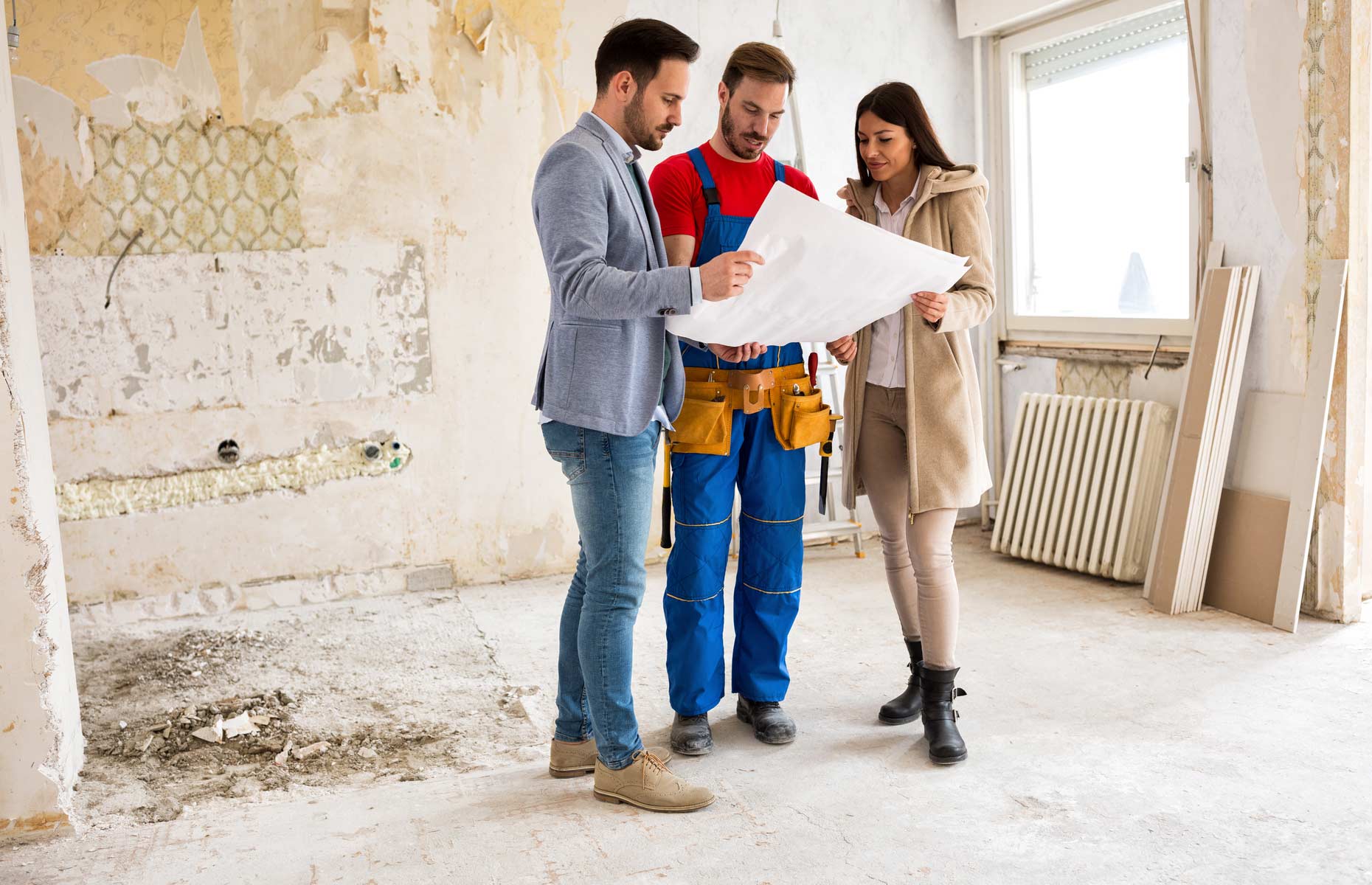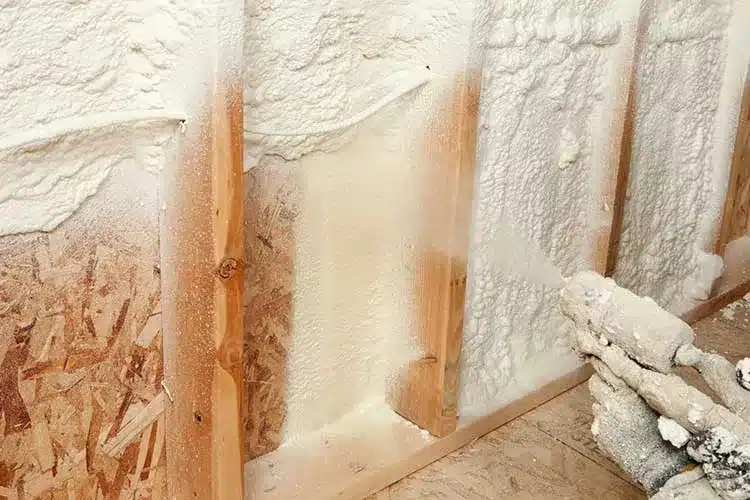Professional Home Inspections Buy and Sell with Confidence
A home inspection is a critical step in the buying, selling, or maintenance process, ensuring that a property is structurally sound and free from hidden issues. A professional home inspector assesses various components of a house, identifying potential risks and providing homeowners with a clear understanding of its condition. This process helps buyers make informed decisions and allows sellers to address concerns before listing their property.
The Importance of a Home Inspection
A thorough home inspection provides peace of mind and prevents costly surprises down the road. It reveals underlying problems such as foundation cracks, electrical hazards, plumbing leaks, and roofing defects. By identifying these issues early, homeowners can take corrective action to maintain the property’s safety and value. Additionally, home inspections are crucial for real estate transactions, ensuring transparency and fair pricing.
What Does a Home Inspection Cover?
A comprehensive home inspection evaluates key structural and mechanical components of a property, including:
- Foundation and Structural Integrity – Inspecting cracks, uneven settling, and stability issues.
- Roof and Attic – Checking for leaks, damaged shingles, ventilation, and insulation.
- Plumbing System – Identifying leaks, water pressure problems, and pipe conditions.
- Electrical System – Ensuring wiring, outlets, circuit breakers, and safety standards compliance.
- HVAC System – Evaluating heating, ventilation, and air conditioning efficiency.
- Interior and Exterior – Checking walls, ceilings, floors, doors, and windows for defects.
Types of Home Inspections
Depending on the property’s condition and the homeowner’s needs, different types of home inspections are available:
- Pre-Purchase Inspection – Conducted before buying a home to ensure there are no major issues.
- Pre-Listing Inspection – Helps sellers identify and fix problems before listing their property.
- New Construction Inspection – Ensures a newly built home meets quality and safety standards.
- Mold and Radon Testing – Identifies potential health hazards from mold and radon gas exposure.
- Pest Inspection – Detects termite or insect infestations that could compromise the home’s structure.
How a Home Inspection Benefits Buyers and Sellers
For buyers, a home inspection provides a detailed report on the property’s condition, helping them negotiate repairs or a fair price. It prevents the risk of purchasing a home with costly hidden defects. Sellers benefit by addressing issues beforehand, making their property more attractive to buyers and avoiding last-minute deal-breakers. A pre-listing inspection can also speed up the selling process and increase buyer confidence.
Common Issues Found During Home Inspections
A home inspection can uncover various problems, including:
- Water Damage – Leaks, mold growth, and poor drainage.
- Roof Issues – Missing shingles, structural weaknesses, and improper flashing.
- Foundation Cracks – Signs of settling or shifting that may require repairs.
- Faulty Wiring – Outdated or unsafe electrical connections.
- Plumbing Leaks – Pipe corrosion, leaks, or poor water pressure.
Addressing these issues promptly can prevent further damage and costly repairs in the future.
How to Prepare for a Home Inspection
If you’re selling your home, preparing for an inspection can help ensure a smooth process. Homeowners should:
- Ensure easy access to major systems, including the attic, basement, electrical panel, and HVAC units.
- Fix minor issues such as leaky faucets, broken light fixtures, or peeling paint.
- Clear out debris from gutters and check for roof damage.
- Provide documentation of past repairs or maintenance work.
The Role of a Certified Home Inspector
A certified home inspector has the expertise to evaluate a property’s condition accurately. They use specialized tools such as thermal imaging cameras, moisture meters, and gas detectors to identify hidden issues. Hiring a licensed and experienced home inspector ensures a detailed and unbiased report, helping homeowners and buyers make informed decisions.
How Long Does a Home Inspection Take?
The duration of a home inspection depends on the property’s size and condition. On average, a standard inspection takes between 2 to 4 hours. Additional testing, such as radon or mold inspections, may require extra time. A detailed report is typically provided within 24 to 48 hours after the inspection.
Frequently Asked Questions (FAQs)
1. Do I need a home inspection if I’m buying a new house?
Yes, even new homes can have construction defects or code violations. A home inspection ensures that everything is built correctly and meets safety standards.
2. How much does a home inspection cost?
The cost varies based on location, property size, and additional services like mold or radon testing. On average, home inspections range between $300 to $600.
3. Can I attend the home inspection?
Yes, attending the inspection allows you to ask questions, see potential issues firsthand, and understand the report better.
4. What if the inspection finds major issues?
If major issues are discovered, buyers can negotiate repairs, request a lower price, or reconsider the purchase. Sellers can address repairs before listing their property.
5. Is a home inspection the same as an appraisal?
No, a home inspection evaluates a property’s condition, while an appraisal determines its market value. Lenders require appraisals for mortgage approvals.
Conclusion
A professional home inspection is an essential step in buying, selling, or maintaining a property. It helps identify hidden issues, ensures safety, and provides valuable insights into a home’s overall condition. Whether you’re a buyer seeking confidence in your investment or a seller looking to maximize your property’s value, a thorough home inspection is the key to a smooth and informed real estate transaction.














Post Comment